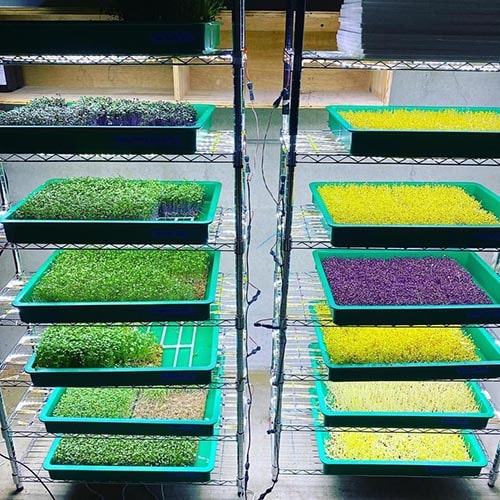January 22, 2024
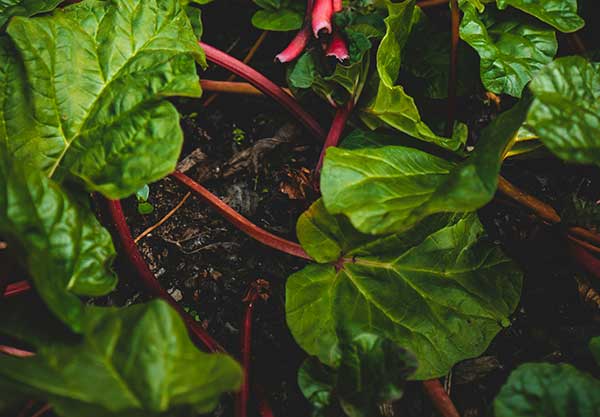
With venture capital getting harder to find, as we’ve described in an earlier post, urban farming grants seem like a good option for 2024.
We rounded up some urban farming grants that provide various opportunities for farm initiatives, ranging from small community projects to larger, more established urban agriculture operations. Each grant has its specific focus, Who It’s For criteria, and application deadlines, so it’s important to research each one carefully to find the best fit for your urban farming project.
Here are ten urban farming grants, with a brief description of each, including who it’s for, application deadlines, and grant amounts:
1. USDA Urban Agriculture and Innovative Production (UAIP) Grants
– Description: This federal government initiative supports the development of urban agriculture and innovative production projects, grants are categorized into Planning (earlier stage) and Implementation (later stage) Projects.
– Who It’s For: Farmers, gardeners, citizens, government officials, schools, and stakeholders in urban areas and suburbs.
– Deadline: Varies annually; check the USDA website for the current year’s deadline.
– Grant Amount: Up to $7.5 million available in total; individual amounts vary. In prior years, range of awards was from $50,000-$500,000.
2. Soil Health Academy Scholarship Program
– Description: Provides scholarships for women and/or new beginning farmers committed to regenerative agriculture. The main focus of the program is to implement regenerative principles whether in their own agricultural operations or in the broader context of regenerative agriculture education, outreach, or public advocacy.
– Who It’s For: Women and/or new beginning farmers.
– Deadline: Rolling applications.
– Grant Amount: Partial tuition for a three-day regenerative agriculture school.
3. The Community Heart & Soul Seed Grant Program
– Description: Offers funding for resident-driven groups in small cities and towns to implement the Community Heart & Soul model. The Community Heart & Soul model is a resident-driven approach that engages the entire community in shaping their town’s future by identifying what matters most to its residents. As a result, this model focuses on leveraging local assets for sustainable, inclusive community development.
– Who It’s For: Resident-driven groups in small cities and towns.
– Deadline: Ongoing.
– Grant Amount: $10,000, requiring a matching grant.
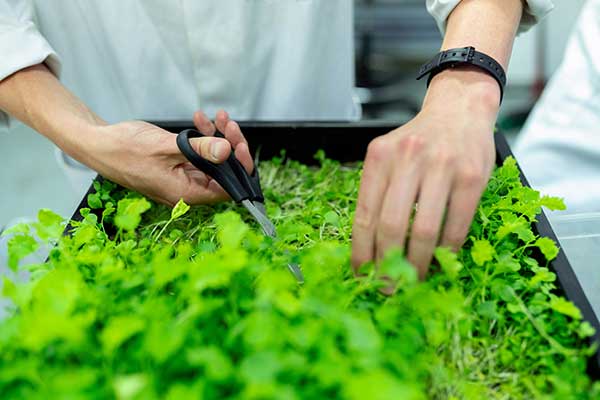
4. Clif Bar Family Foundation Grants
– Description: Corporate foundation that funds projects that protect natural resources, strengthen communities, and enhance public health. The Foundation provides both operational support and project-specific funding, focusing on areas such as regenerative and organic farming, health and safety of food production workers, healthy food access, outdoor fitness, and climate justice.
– Who It’s For: 501(c)(3) organizations.
– Deadline: Reviewed three times a year (1st of October, February, and June).
– Grant Amount: $500 to $500,000
5. USDA Community Food Projects Competitive Grant Program
– Description: This federal government program aims to foster understanding of national food security trends and so improve local food systems.
– Who It’s For: Private nonprofit entities
– Deadline: Annually around October 30.
– Grant Amount: $25,000 to $35,000 for 12-36 month planning projects. In addition, up to $1m over four years for teaching & technical assistance. Finally, up to $400,000 over four years for community food projects.
6. SARE Youth Educator Grants
– Description: Provides competitive grants for educators so they can offer sustainable agriculture programming to youth.
– Who It’s For: Educators.
– Deadline: Was in November for 2023.
– Grant Amount: Up to $6,000.
7. City of Seattle’s Food Equity Fund
– Description: Program that provides approximately $2.3 million in funding for community-initiated projects so advancing food equity. As a result, these grants are designed to support projects led by those who experience the most significant food and health inequities.
– Who It’s For: Varies; typically local community organizations and groups.
– Deadline: The application period for 2024 is open from January 16 to March 19.
– Grant Amount: Grant awards typically range between $25,000 and $100,000.
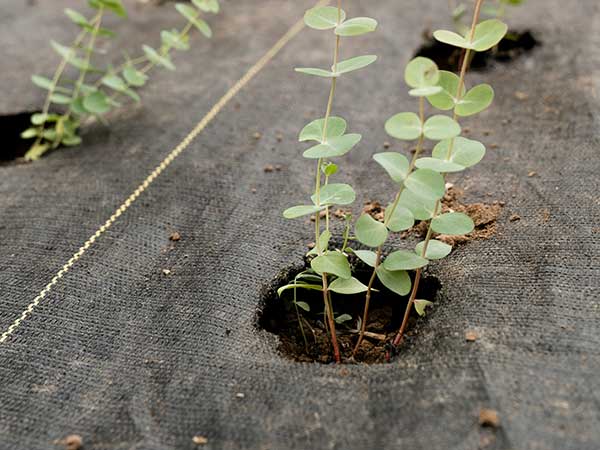
8. Pennsylvania’s Urban Agriculture Grants
– Description: Offers microgrants and collaboration grants for urban agriculture projects in Pennsylvania, but projects must include improvements to agricultural infrastructure in urban areas and support for community development.
– Who It’s For: Various, such as small farmers and community groups in Pennsylvania.
– Deadline: 2023 deadline was in September.
– Grant Amount: Microgrants of $2,500 and collaboration grants up to $50,000.
9. Minneapolis Grants for Urban Farming and Food Waste Projects
– Description: Offers grants for community projects that enhance urban farming and reduce food waste and specifically discusses extending the growing season using controlled environment structures.
– Deadline: February 14th, 2024
– Grant Amount: $5,000 to $25,000.
10. Robert Wood Johnson Foundation
– Description: Private foundation that supports projects exploring ways to transform food systems, prevent food waste, and address climate change effects. Their “Pioneering Ideas: Exploring the Future to Build a Culture of Health Program” are especially applicable to urban farmers, for example. It includes efforts to prevent and address the effects of climate change, eliminate food waste, and understand how changes in food production, sale, sharing, consumption, and disposal impact health equity, for instance.
– Who It’s For: Typically includes a wide range of applicants such as organizations, institutions, and sometimes individuals, depending on the specific criteria of each grant program.
– Deadline: None, rolling applications
– Grant Amount: Grant amounts for the “Pioneering Ideas” program typically average around $300,000 and result in supporting projects for 1 to 3 years.
Images courtesy of Unsplash
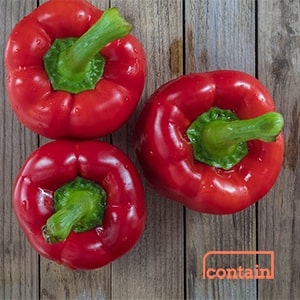
BrightFarms & Plenty Ag open new farms in September

A Staple of Manufactured Housing: Champion Homes

Blending Sustainability with Practicality: The Method Homes Approach to Modular Housing
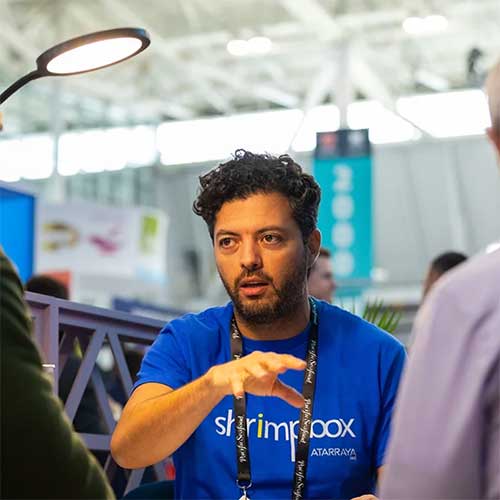
Atarraya: Innovating Indoor Shrimp Farming in the U.S.
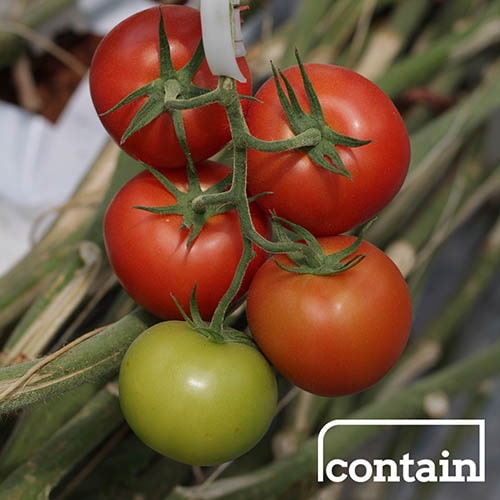
CEA’s Environmental Impact Defended in August 2024
